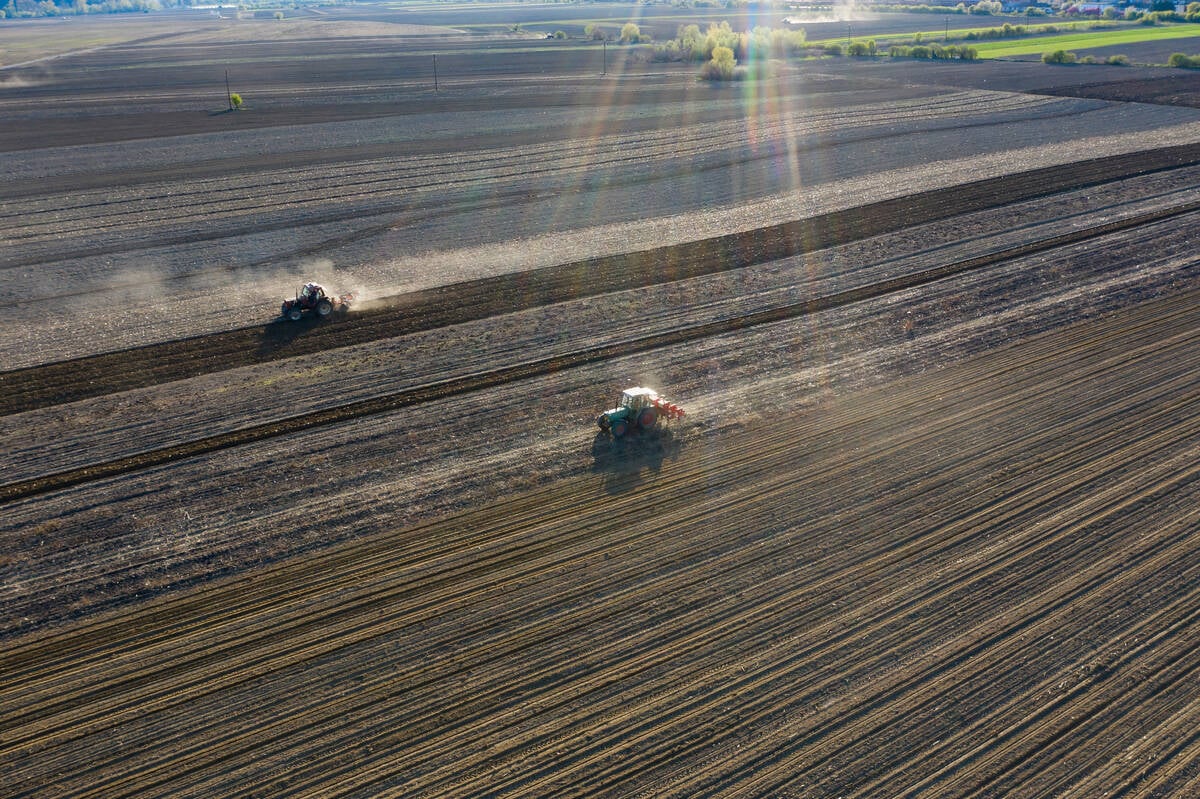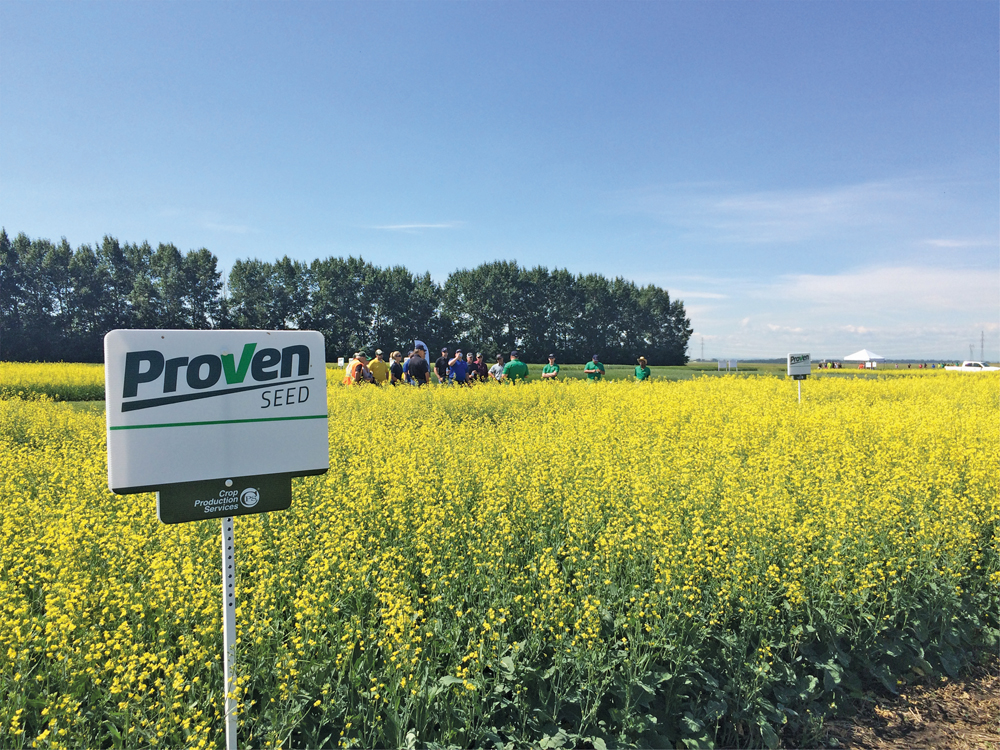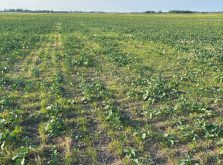Looking for a new tool for battling clubroot? Agrium subsidiary Crop Production Services (CPS) says help is on the way for 2016. The company launched Proven Seed PV 580 GC, the first “true” multigenic clubroot resistant variety, on October 27.
PV 580 GC, a mid-season variety, is bred for resistance to the most common clubroot pathotypes currently plaguing western Canadian canola fields, as well as highly virulent clubroot pathotypes first identified as “5X,” now known to include additional virulent pathotypes.
The variety is a Genuity RoundUp Ready hybrid that will be made available to producers in regions at higher risk of clubroot for the 2016 growing season.
Read Also

Improving agriculture’s economic and environmental sustainability
Improving the resilience of Canadian agriculture requires more flexible and targeted conservation and safety net programming, according to doctoral and distinguished fellows with the Canadian Agri-Food Policy Institute.
According to Bruce Harrison, director of research, development and innovation for CPS Canada, there has been some industry talk around referring to 5X as “unclassified pathotypes.” Whatever their title, they are a looming concern for producers, and a major research priority for CPS.
“There are emerging virulent pathotypes out there, and you have to take a multigenic approach,” he says. “Our position is that no variety will be resistant to all of the strains, but what we’re offering now is an alternative resistance genetic source for growers in high-risk areas.”
CPS has developed partnerships with Agriculture and Agri-Food Canada (AAFC) and the University of Alberta’s canola breeding program to identify and develop new resistance genes from a variety of plant species related to canola.
“We’re using unique gene resistance sources, and in each case bringing those forward into adapted hybrids as quickly as possible, and testing them to ensure we know their respective levels of resistance,” says Harrison.
Harrison says the variety has an R rating for blackleg resistance as well as solid standability and yield performance. “We measure that utilizing canola performance checks relative to our Proven Seed variety PV 530 G, and it performed at 97 per cent,” he says. “We’re particularly proud of PV 580 GC for its multigenic clubroot resistance, but we’re pleased with its agronomic performance as well, particularly as it is the first clubroot resistant variety out of the program.”
Rotations are key
Harrison emphasizes that PV 580 GC is just one tool in producers’ clubroot management portfolios, but it should be used in rotation with other genetics whenever possible in regions where clubroot is a threat.
“PV 580 GC will offer additional protection in responsible crop rotations. When we say ‘responsible crop rotations’ what we’re really saying is that we don’t recommend growing any variety for three years where resistance has broken down or where clubroot is found. We’re not saying that growing this variety is the only thing you should be doing. You should also be thinking about proper stewardship,” he says.
If clubroot is found in a field, or if resistance in formerly resistant varieties is breaking down, CPS recommends producers take a break. “Add some cereals into the rotation before you come back into canola,” Harrison says. “But as this is the first multigenic clubroot variety, used in combination with other genetics and using proper stewardship, PV 580 GC will offer growers more durable protection.”
Dirk Vermue, a producer near Stony Plain, Alta., says his operation has been growing clubroot resistant varieties since they first came out in 2008. Vermue’s operation participated in field trials this summer and grew a limited amount of PV 580 GC, which, he says, performed well.
“Up until about two years ago, a few old-timers were still growing non-resistant varieties and you could see on a quarter section of about 10 to 20 acres, where the approach starts and where the equipment first enters the field, by harvest time it looked like there was next to nothing of the crop left. Ninety-five per cent of growers have switched,” he says.
Vermue says that since his operation switched to resistant varieties, they haven’t had clubroot problems. “But we’re aware of the fact that there’s a limit to them,” he says. “It’s very important to have resistant varieties. They’re starting to talk about new pathogens in clubroot and some of the varieties they have right now are breaking that resistance, so every time there’s a new clubroot resistance available we jump on it.”
Rotation is a key strategy on his operation as well. Vermue has moved to a one-in-four canola rotation, and switches between RoundUp and Liberty every second year to control volunteers.
So far, it’s working. “I think it is some of the most expensive seed you can buy, but it’s a small price to pay for being able to have a crop,” he says.
















